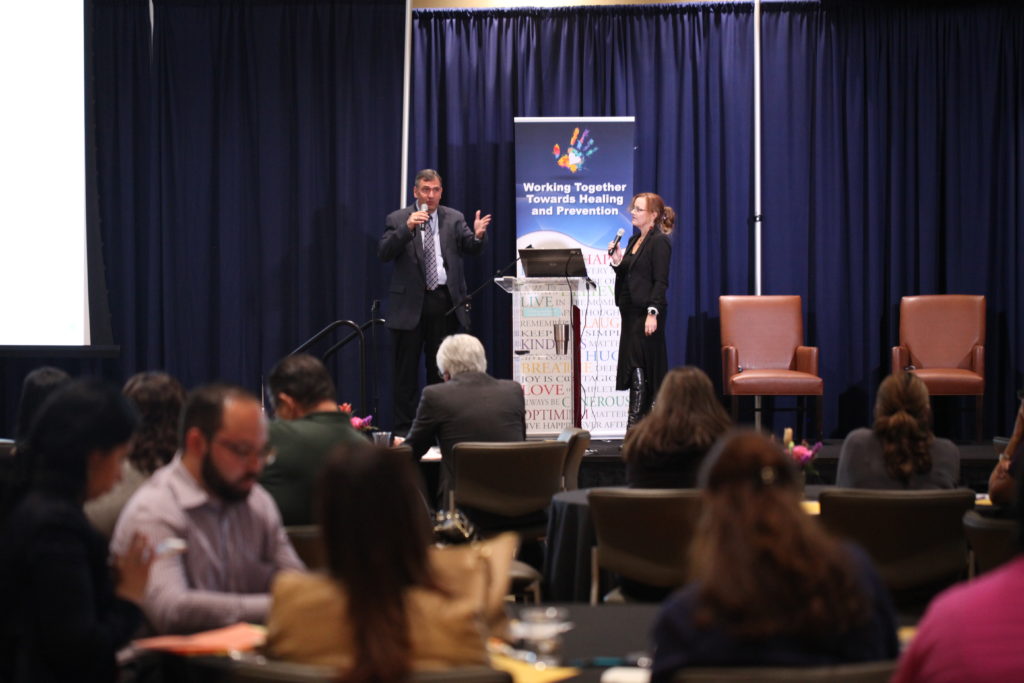
100 East Cano St.
Edinburg, TX 78539
956-292-7600
Have a question?
Give us a call.

Edinburg, TX 78539
Have a question?
Give us a call.

The Hidalgo County District Attorney’s Office Juvenile/Civil Division provides assistance for the Mental Health Community by seeking Mental Health Screenings and Involuntary Mental Health Commitments for those who are mentally ill and going through some type of crisis.
The Hidalgo County District Attorney’s Office through their Juvenile/Civil Division Mental Health Unit strives to assist the Mental Health Community and their loved ones when they are experiencing a mental health crisis. Our office has vowed to assist this community to help provide guidance through the legal system and to seek treatment when their loved ones are refusing treatment. Through our mission we hope that our office is able to provide some relief to both the Mental Health Community and their families during their troubled times.

If you know someone who has been diagnosed with a Mental Illness or is showing signs of having a Mental Illness and that person is displaying behavior that can be seen as evidence that they are in serious danger of hurting him/herself or others our office can help you fill out a Section 28 Application to get that person (Proposed Patient) screened for hospitalization.
A Section 28 Application is the document needed to obtain a Mental Health Warrant that instructs law enforcement to pick up the Proposed Patient to be screened by Tropical Texas Behavioral Health which is the Mental Health Authority. This screening will determine if the Proposed Patient meets the criteria to be hospitalized in a Mental Health Facility.
A Section 28 Application does not guarantee that the Proposed Patient will be admitted into a Mental Health Facility. The Proposed Patient must meet the criteria for an Involuntary Mental Health Commitment, which is determined through a Tropical Texas Behavioral Health screening.
If the Proposed Patient is in jail or already in a Mental Health Facility a Section 28 Application CANNOT be filed.
A Section 28 Application CANNOT be used to get a person into a Rehabilitation Facility for drug or alcohol problems.
The Applicant in a Section 28 Application needs to have specific information about the Proposed Patient’s mental health diagnosis or the symptoms the person is displaying. The Applicant also needs to be able to provide our office information regarding the specific behavior the Proposed Patient is displaying that poses a risk of danger of hurting him/herself or others.
All information given to our office MUST be CURRENT information that proves the Proposed Patient is currently in crisis.
The Applicant also needs to know where law enforcement can locate the Proposed Patient to execute the Mental Health Warrant.
If you have questions regarding how to get help for someone you know needs mental health treatment or have a question regarding Involuntary Mental Health Commitments please call us at (956) 292-7613.
If after a Section 28 Application screening by Tropical Texas Behavioral Health results in placing the Proposed Patient in a Mental Health Facility, the hospital may seek an Involuntary Mental Health Commitment if the Proposed Patient is unable to medical consent to treatment or is unwilling to consent. The Hidalgo County District Attorney’s Office files these mental health commitments and represents the Mental Health Facility in these proceedings in order to seek treatment for the Proposed Patient. The desired outcome of an Involuntary Mental Health Commitment is to stabilize and place the Proposed Patient safely back into the community.
An Involuntary Mental Health Commitment is an order that forces mental health treatment on a person who has been diagnosed with a mental illness and is likely to cause serious harm to him/herself or others or whose condition is deteriorating to the point he/she is unable to perform daily functions in his/her life and is displaying severe mental, emotional or physical distress.
If the Proposed Patient refuses to consent to the administration of psychoactive medication and he/she has been committed to a Mental Health Facility, the court, on request of the hospital, can sign an order allowing the hospital to administer psychoactive medication without the Patient’s consent.
ONLY a Mental Health Facility can request an Involuntary Mental Health Commitment. A request can only be made if the facility has two doctors who have examined the Proposed Patient and are of the opinion that the Proposed Patient is mentally ill and likely to cause serious harm to him/herself or others or his/her mental health will deteriorate if not treated. If the Proposed Patient does not meet the criteria the hospital MUST release the Proposed Patient.
The court or jury may render a commitment order for the duration of forty-five or ninety days depending on the request from the Mental Health Facility. The doctor makes the recommendation after evaluating the Proposed Patient and estimating the time needed to stabilize the Proposed Patient.
The Mental Health Facility may also request an Extended Involuntary Mental Health Commitment if the doctors are of the opinion that the Proposed Patient cannot be stabilized within ninety days.
Patients normally do not stay in the hospital up to the day the order expires but are released by their doctor when he/she no longer meets the criteria for an Involuntary Mental Health Commitment. A doctor may release the Patient at anytime with no need to go to court when he/she believes the Patient is stabilized.
The Hidalgo County District Attorney’s Office Juvenile/Civil Division works together with other agencies to help those who are unable to help themselves or are being neglected, abused or exploited. The following are services we provide and the agencies we assist:
Intellectual Development Disorder Long Term Placements | Tropical Texas Behavioral Health:
The Hidalgo County District Attorney’s Office works hand in hand with Tropical Texas Behavioral Health to provide care for those who have been diagnosed with Intellectual Development Disorders and whose families are no longer able to safely care for them. We assist the families and Tropical Texas Behavioral Health by petitioning the court to place their loved ones in a safe Residential Care Facility that can meet all the resident’s physical, mental and emotional needs.
Adult Protective Services Removals | Texas Department of Family & Protective Services:
The Texas Department of Family & Protective Services seeks the services of the District Attorney’s Office when their investigation uncovers that an elderly person or an adult with disabilities is being neglected, abused or exploited. Our office petitions the court and represents the Department to obtain an order allowing the removal of the person in danger. The order allows the placement of the elderly person or adult with disability in a safe environment or in a hospital where they can received needed medical care.
Guardianships | Texas Department of Aging and Disabilities Services
When an elderly person or an adult with disabilities is unable to care for themselves and has no one who is capable or willing to care for them and meet their needs, the Texas Department of Aging and Disabilities Services seeks out The Hidalgo County District Attorney’s Office to assist them in petitioning the court for Guardianship. The State of Texas can petition the court for Guardianship of an individual when there is evidence that the individual lacks the capacity to care for themselves and that it is in the best interest for the State of Texas to be appointed the guardian of the individual because there is no one else who can or is willing to take responsibility for the individual. The State of Texas MUST exhaust all resources to help find another option for the care of the individual before filing for Guardianship.